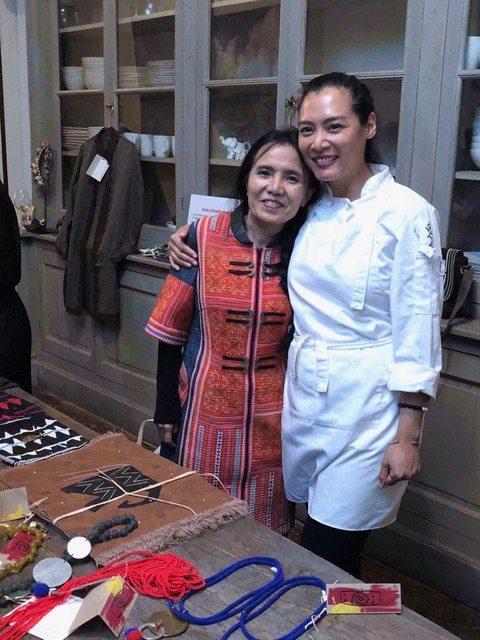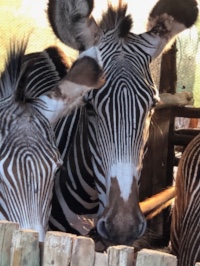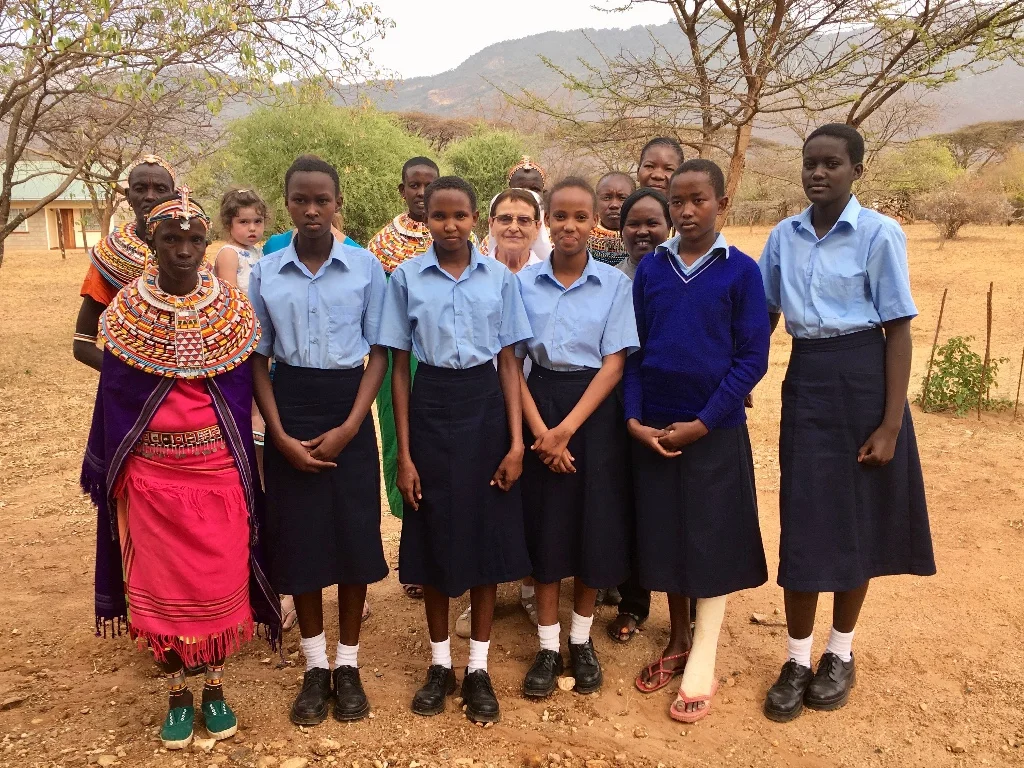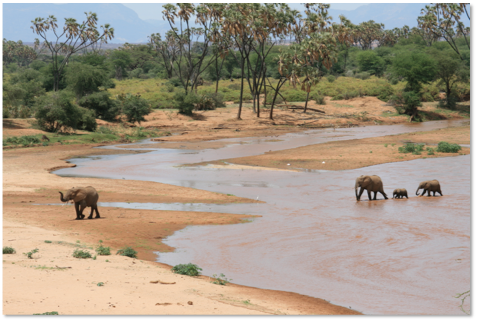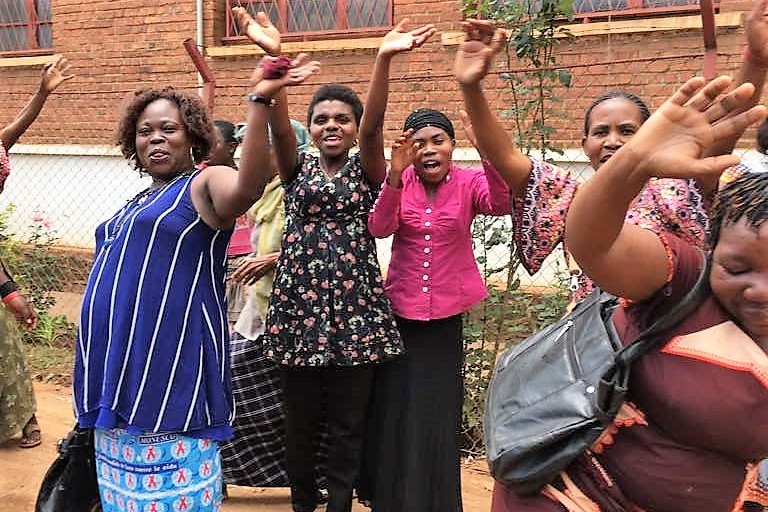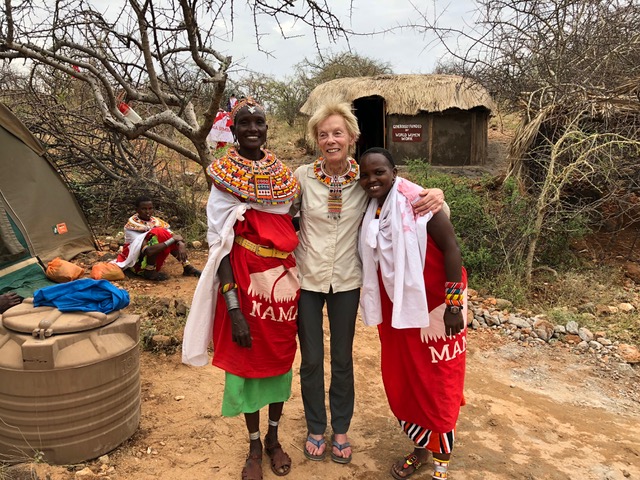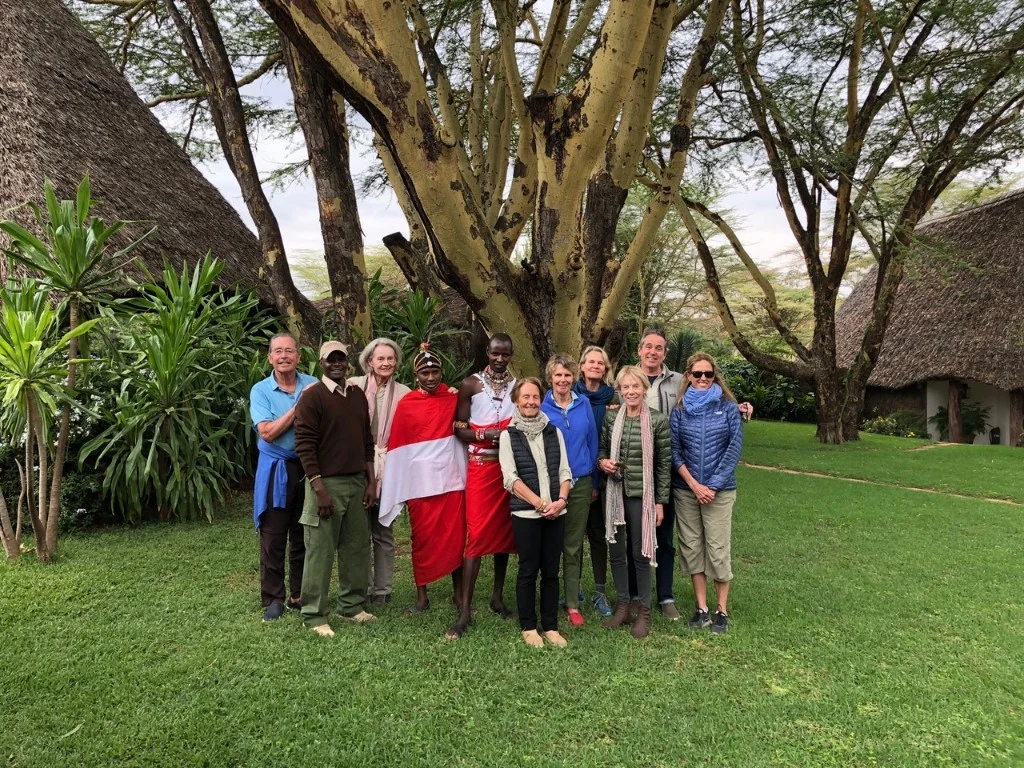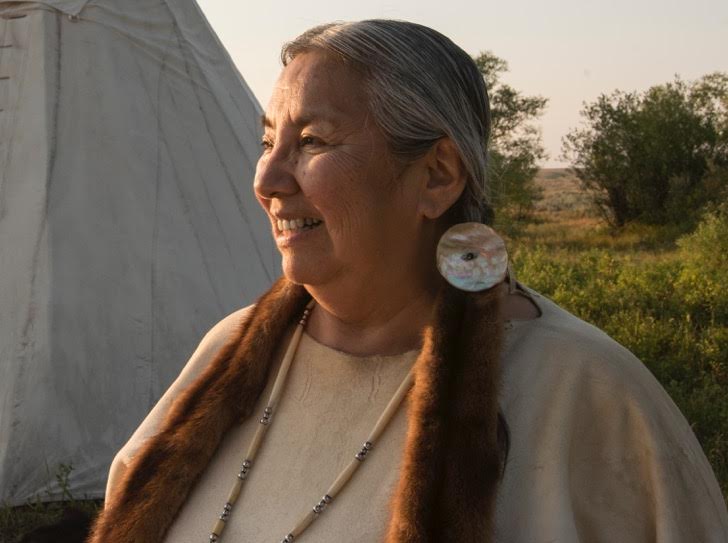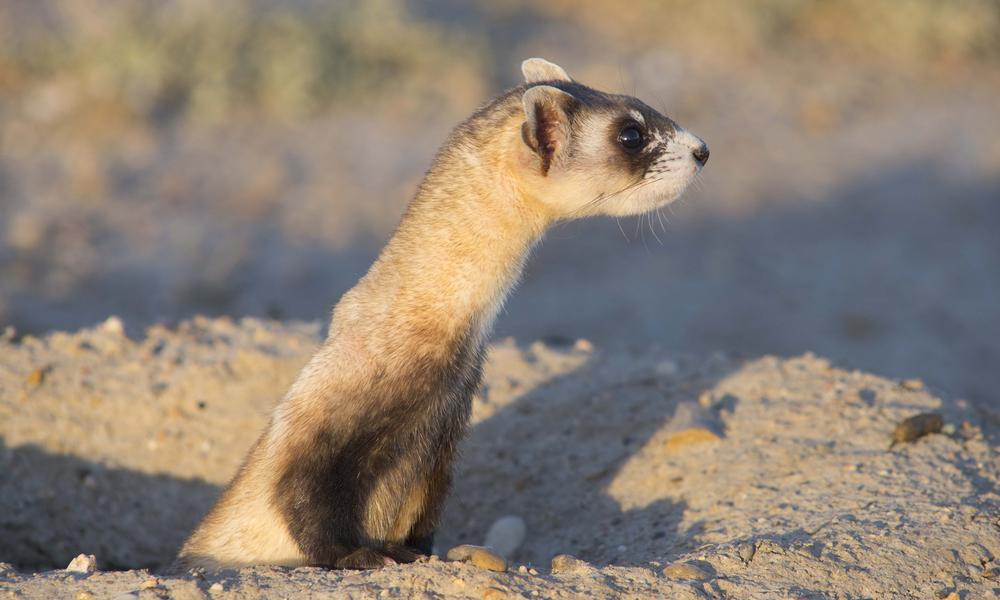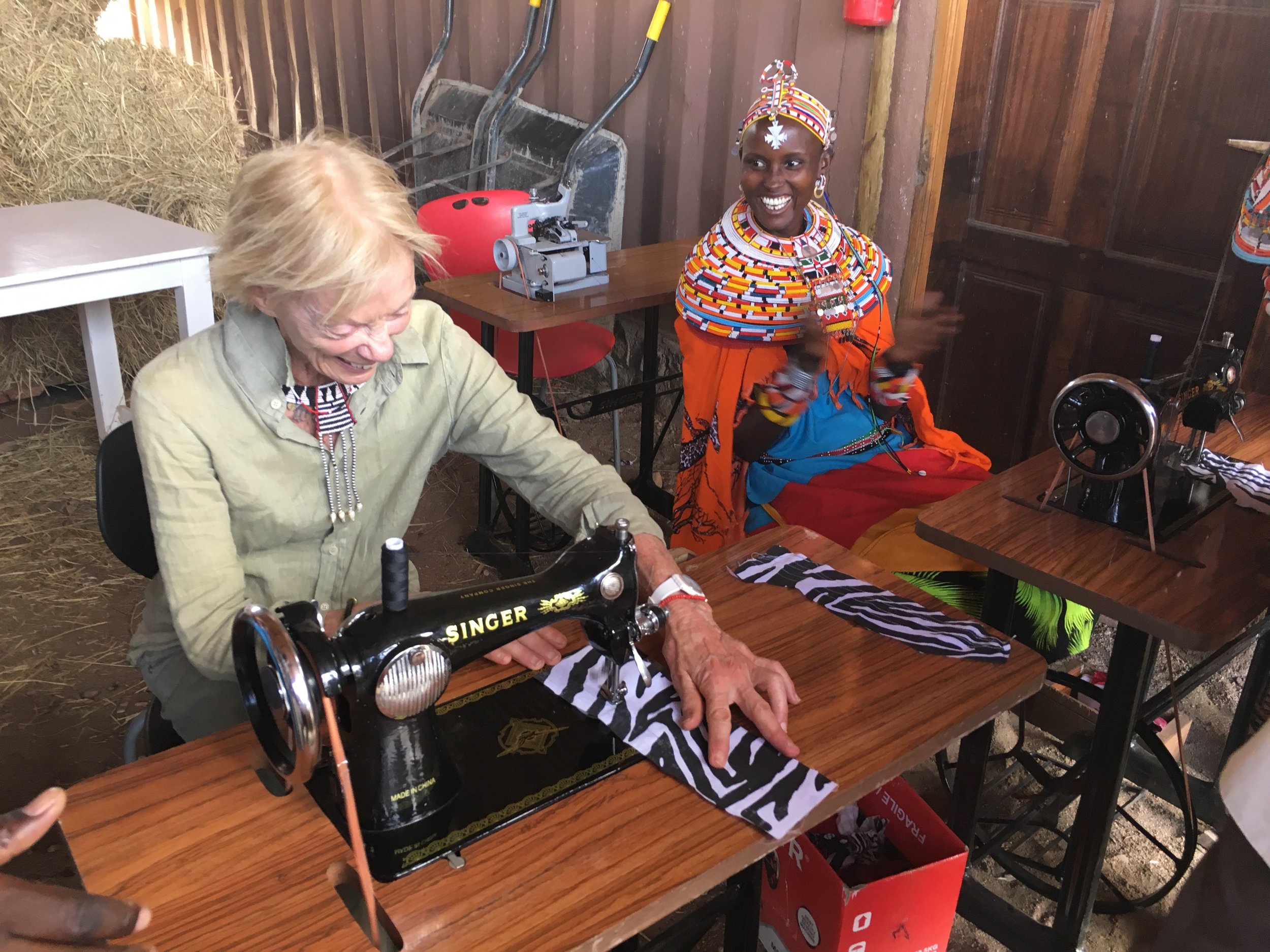An estimated 100 African elephants are killed by poachers every day for their ivory and body parts. The victims of poaching reaches far beyond the life that has been taken. The impact of an elephant’s death extends to the family, the herd, and the ecosystem. The Elephant Orphan Project through Save the Elephants in Samburu, Kenya has been monitoring elephants in the Samburu National Reserve for over 15 years. Their research helps us understand the behavior, family ties, and interactions of orphans who have lost their matriarchs to poaching.
How do herds learn important survival skills without a leader? How do their migration patterns change? How does trauma affect behaviors and relationships among the remaining pack? These are the types of questions the Orphan Project is hoping to answer.
Over the course of 2014-15, the Orphan Project has developed a greater insight into the workings of elephant families, and the changes that can occur due to physical and psychological stress. During a recent exchange, Shifra Goldenberg, a PhD Candidate working under George Wittemyer, chair of STE’s scientific board, provided us with this update:
It has been over two years since the first orphaned elephants were radio collared. Their movements have been fascinating. Many seem to be ranging within much smaller subsets of their mothers’ previous ranges, some have completely shifted their ranges. These shifts seem to be connected to social strategies after poaching, associating with new groups, picking up the movement patterns of those groups. In some cases, the ranges are so different from those of their mothers that you would never guess they were from their original families. The collar data are revealing just how flexible these elephants are. Looking at their movement patterns together with their relationships with other families and information on survival and reproduction will give us a better idea of the lasting effects of poaching.
WorldWomenWork has spent the past few years and over $300,000 supporting the Elephant Orphan Project by providing all of the elephant radio collars, administrative support, operations, and research salaries. This year in 2018, we hope to give $400,000. This is the most we have ever given to one organization. With your contributions, we can help The Orphan Project continue their work. Even the smallest contribution makes a difference.
The Orphan Project runs entirely on donations like yours. Next year, we would like to provide the funds for the following operational costs:
10 Radio Collars for Corridor Movement ($2500 each)
10 Collaring operation costs (vet fees, meds, ect. – $1000 per operation)
10 Downloading and database management ($800 per collar)
Field work budget (vehicle repair and fuel) ($15,000/year)
Field researcher support (cost of living $8000/year)
International Travel (2 @ $2500)
University support for graduate student & publishing in peer-reviewed journals ($2000 per paper)





